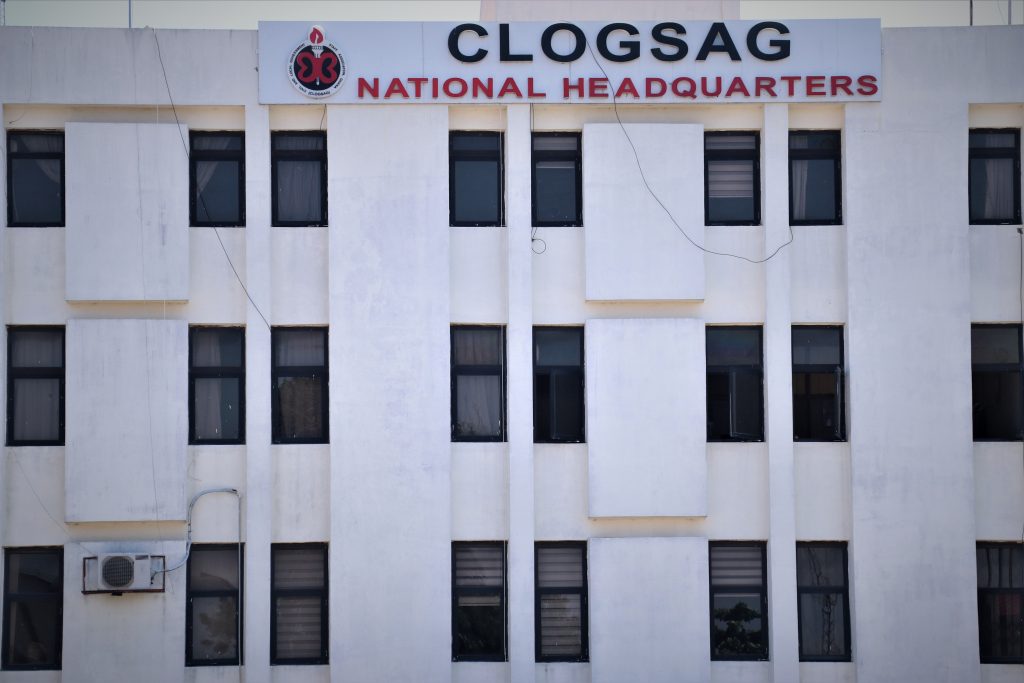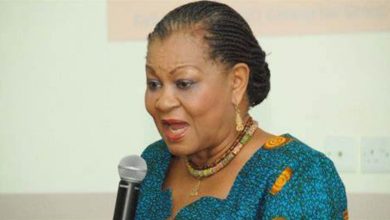W/R: CLOGSAG Embarks On Strike over Neutrality Allowances

The Civil and Local Government Staff Association, Ghana has laid down their tools to demand a neutrality allowance and better conditions of service.
This industrial action is carried out across the various Municipal, Metropolitan, and District Assemblies (MMDAs) in the country.
According to the Western Regional Chairman of CLOGSAG, Nana Yeboah, “the government has not fulfilled its part of the negotiation signed on January 20, 2022, when the Association attempted an initial strike about unpaid allowances.”
Nana Yeboah maintained that the government signed a Memorandum of Understanding (MoU) that members of the Association will be paid a 20 per cent allowance of their basic salary which is known as the neutrality allowance.
This neutrality allowance he said, is backed by the constitution of Ghana which makes members entitled to be paid as a way of forbidding them from engaging in active politics but to serve the government of the day.
He recalls that in 2016, there was a court ruling on members of CLOGSAG to participate or accept the political appointment because they swear their allegiance to the ruling government.
He disclosed that the ongoing protest is a result of the government’s inability to settle arrears owed to members of CLOGSAG.
“The agreement was that government will clear the arrears of allowance owed the Association for the month of January to March, then continue paying an allowance in subsequent months,” he said.
He was quick to add that the Labour Commission, Fair Wages and Salaries and Finance Ministry together with the leadership of CLOGSAG are in talks over conditions of service which are expected to end by September 2022.
About CLOGSAG
This is a registered Trade Union and the mouthpiece of workers in the Civil and Local Government Services as well as other establishments. Founded in Sekondi in 1981 with two objectives: To provide better representation for government workers, and to serve as a recognised channel of communication with the Government upon matters affecting the Service.





